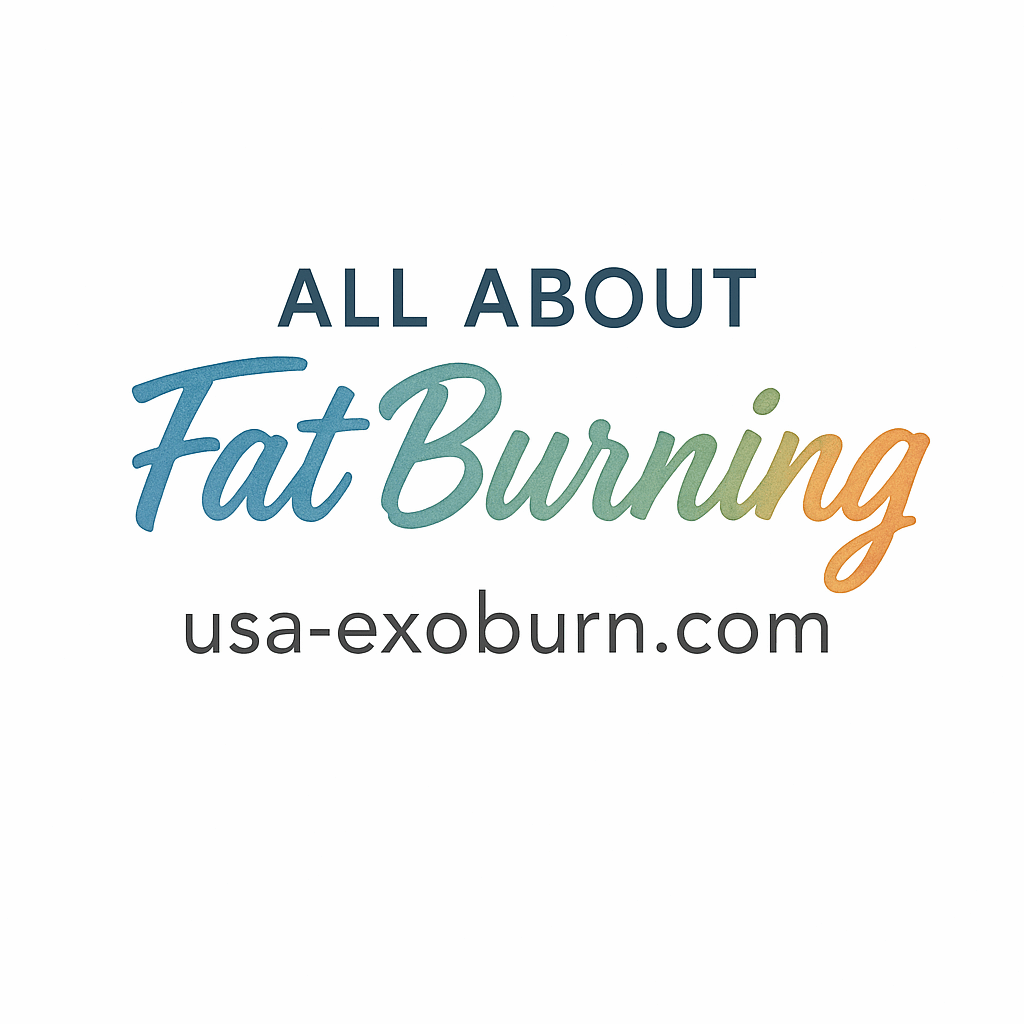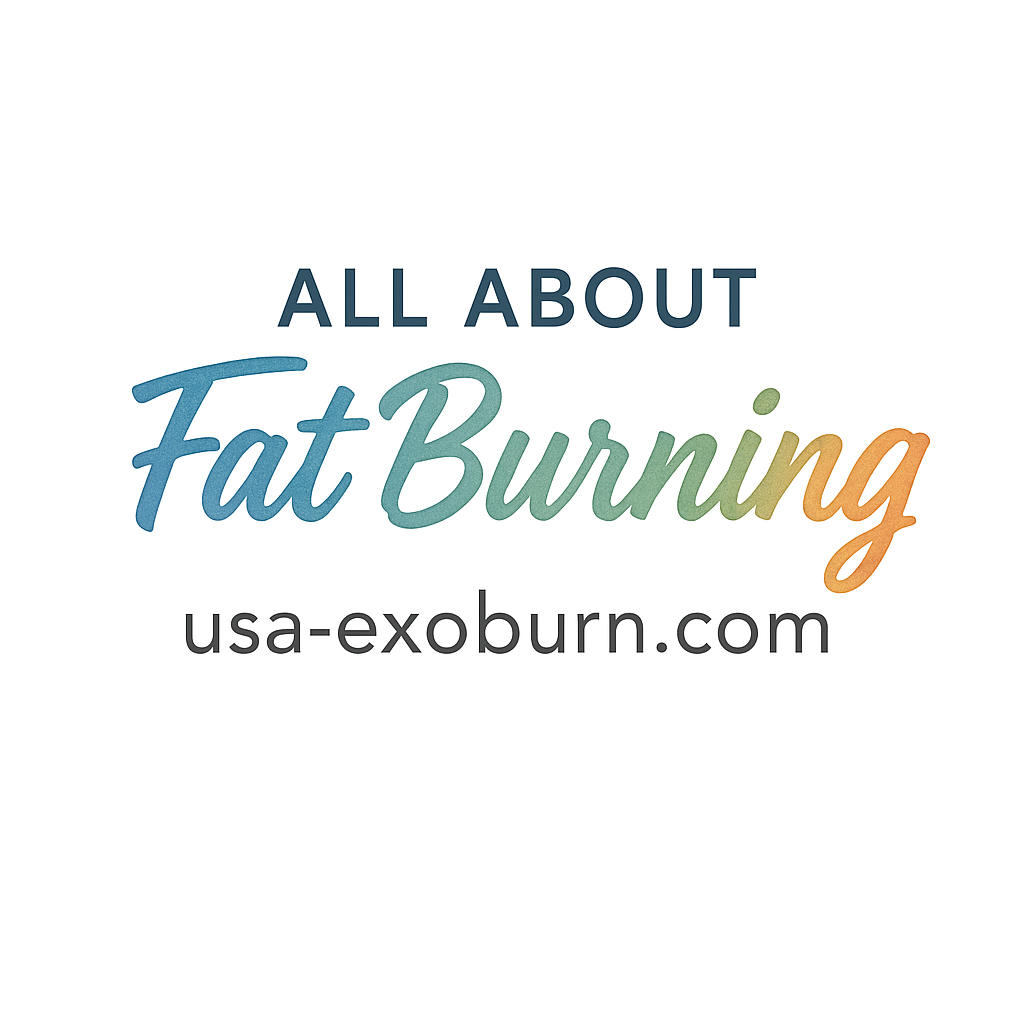If you’ve been busting your tail at the gym and eating clean but still feel like the fat isn’t budging—chances are you’re making one (or more) of these sneaky diet mistakes. Fat burning isn’t just about “eating less and moving more.” It’s a finely tuned system, and even small errors can throw it completely off balance.
Let’s break down the 5 most common diet mistakes that absolutely wreck your fat-burning efforts—and what to do instead.
Why Fat Burning Isn’t Just About Calories
You’ve probably heard the classic line: “Eat fewer calories than you burn.” Sounds simple, right? But your body isn’t a calculator—it’s more like a thermostat.
Your hormones, metabolism, sleep, meal timing, and food quality all impact fat burning more than most people realize. If you’re making one of the following mistakes, you could be turning your body into a fat-storing machine without even realizing it.

Mistake #1: Skipping Meals to Save Calories
What Happens When You Skip Meals?
You might think skipping breakfast or lunch helps cut down your calorie intake for the day. But here’s the thing—it backfires.
When you skip meals, your body senses a threat (like famine) and hits the brakes on metabolism. Instead of burning fat, it starts storing it, especially around your belly.
How It Slows Down Your Metabolism
Skipping meals leads to blood sugar crashes, low energy, and a hormonal mess. Your body becomes stingy with energy, and your fat-burning engine sputters.
You’ll also get super hungry later and overeat, making it harder to stay in a calorie deficit in a sustainable way.
Want to dive deeper? Check out these fat-burning lifestyle hacks to balance your meals without skipping.
Smarter Strategies Instead
Eat small, balanced meals throughout the day. Include protein, fiber, and healthy fats to keep your metabolism humming.
Also, try intermittent fasting if you like to delay breakfast—but do it right, not by just starving yourself.
Mistake #2: Falling for Crash Diets
Crash Diets and Muscle Loss
Crash diets are everywhere. Lose 20 pounds in a week? Sounds tempting. But crash diets often mean massive calorie cuts—leading to muscle loss, not fat loss.
And guess what burns fat? Muscle. So, when you lose muscle, your fat burning rate plummets.
Explore how these diets backfire on the crash diet tag.
The Rebound Weight Gain
Ever lost weight quickly only to gain it all back (and then some)? That’s the rebound effect of crash dieting. Your body clings to every calorie afterward, prepping for the next “famine.”
Long-Term Metabolic Damage
Your metabolism remembers those diet traumas. After multiple crash diets, your baseline calorie burn drops, making it harder to lose weight even on a reasonable plan.
Instead, explore sustainable changes with these fat burning diet tips to stay on track.
Mistake #3: Not Eating Enough Protein
Protein’s Role in Fat Burning
Protein isn’t just for bodybuilders. It helps preserve muscle, keeps you full, and has the highest thermic effect—meaning your body uses more energy digesting it.
Not getting enough protein = slower fat burning.
Want to step up your nutrition game? Check out fat-burning supplements and products that include protein options.
How to Easily Add More Protein
Simple hacks: Add Greek yogurt to your breakfast, snack on boiled eggs, and throw grilled chicken into your salads.
Aim for 20–30g of protein per meal if you’re actively working to burn fat.
Mistake #4: Cutting Out All Fats
Why Healthy Fats Help Burn Fat
Sounds counterintuitive, but eating fat doesn’t make you fat. In fact, healthy fats trigger hormones that promote fat burning, keep you full, and stabilize blood sugar.
You need fat to burn fat—especially thermogenic fats like MCTs and omega-3s.
Explore more insights on the thermogenic tag.
The Dangers of Zero-Fat Diets
Zero-fat diets mess with your hormones—especially the ones responsible for fat metabolism. You might feel sluggish, irritable, and hungry all the time.
Healthy Fats You Should Be Eating
- Avocados
- Nuts and seeds
- Olive oil
- Fatty fish (like salmon)
- Coconut oil
These support hormone function and enhance your fat-burning potential. For more on common diet myths, check out fat burning mistakes and myths.
Mistake #5: Ignoring Your Eating Window
What Is an Eating Window?
Your eating window is the time between your first and last meal each day. When you eat matters just as much as what you eat.
Many people eat for 15–16 hours a day, which leads to constant insulin spikes—halting fat burning.
Explore the eating window tag to learn how to tighten your window for better results.
How Meal Timing Affects Fat Burning
When you fast between meals (especially overnight), insulin levels drop, and your body turns to fat for fuel.
Late-night snacking? It kills that fat-burning window.
Intermittent Fasting and Metabolism
Intermittent fasting (like 16:8) boosts fat burning by giving your body time to shift into fat metabolism. But it only works if your meals are nutrient-dense.
For more tips, visit the mindset and motivation sections for strategies to stay consistent.
Bonus Tips to Boost Fat Burning
Hydration and Sleep
Hydration supports digestion and metabolism. And poor sleep? It destroys your hormones—especially those that regulate fat storage.
Prioritize 7–9 hours of quality sleep and drink plenty of water throughout the day.
Move More—Even if It’s Just Walking
Exercise is key, but don’t underestimate non-exercise movement. Walking after meals, standing instead of sitting—it all adds up.
Explore effective workouts on the fat burning exercise routines page.
Conclusion
Burning fat isn’t about starving yourself or going “all-in” on the latest trend. It’s about understanding your body, building smarter habits, and ditching these fat-burning-killing mistakes.
Fix these five things, and you’ll notice your energy soar, your cravings drop, and—most importantly—that stubborn fat finally start to melt away.
Need help fine-tuning your plan? Explore more powerful resources at usa-exoburn.com!
FAQs
1. Does eating fat really help you burn fat?
Yes! Healthy fats stabilize blood sugar and support hormones that aid fat metabolism. Check out our thermogenic guide for more.
2. How much protein should I eat daily to support fat loss?
Aim for at least 0.7g–1g of protein per pound of body weight. For a 150-pound person, that’s about 105–150g per day.
3. Is intermittent fasting necessary for fat burning?
Not necessary—but it can help. It gives your body a chance to burn stored fat when insulin levels are low. Learn more here.
4. Are crash diets ever effective long term?
No. They often cause muscle loss and rebound weight gain. Visit our crash diet section for real talk.
5. How can I fix a slow metabolism?
Strength training, protein, sleep, and removing the mistakes in this article all help. Need support? Explore metabolism tips here.
6. Can I burn fat without working out?
Yes—but movement helps. Even walking boosts fat loss when combined with the right diet. Explore our fat burning workouts for ideas.
7. What’s the biggest fat-burning myth?
That you have to eat less to lose more. In reality, eating smarter (not less) is key. Bust more myths here.


